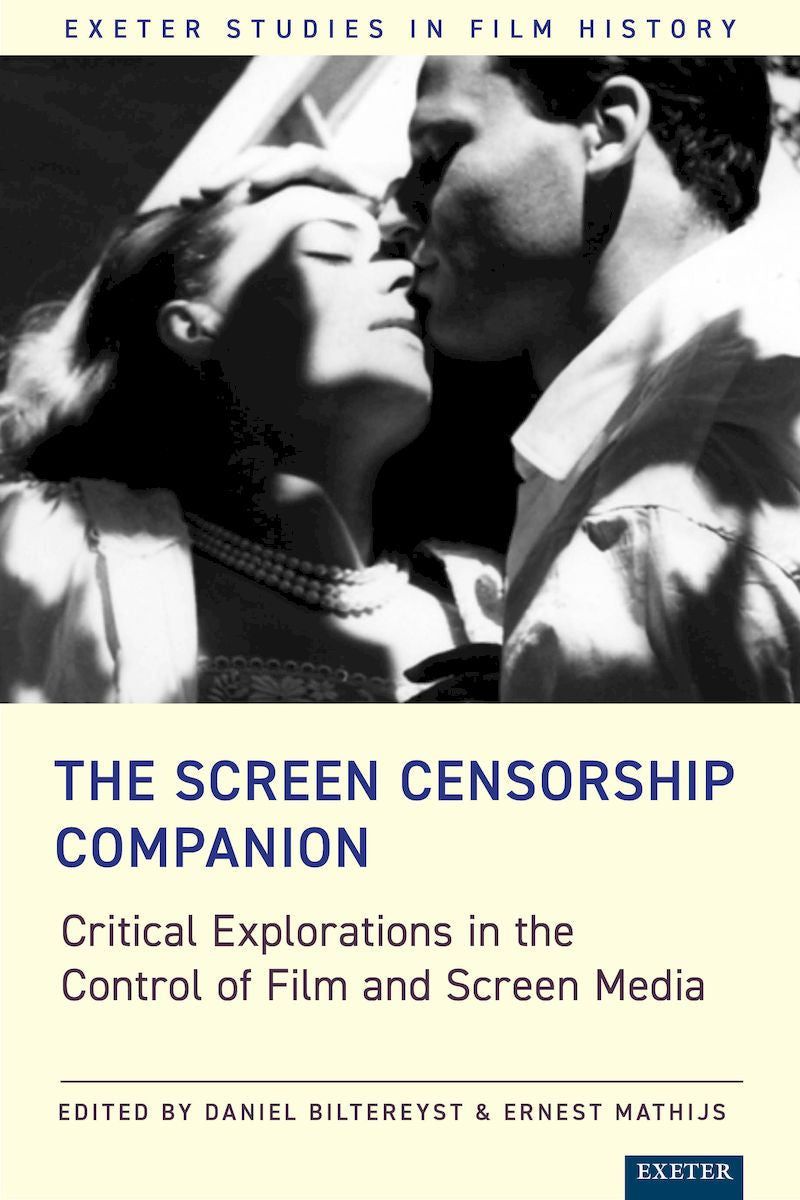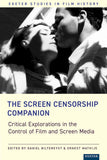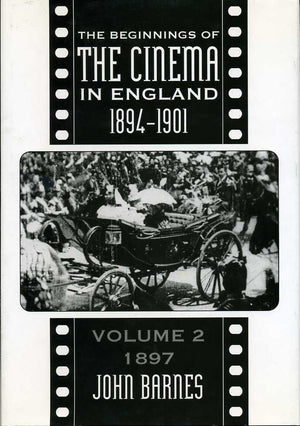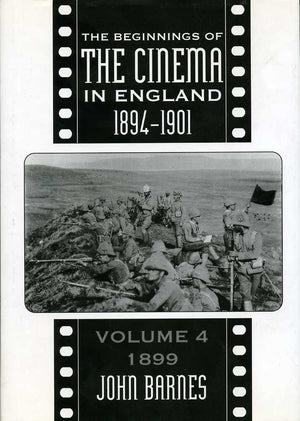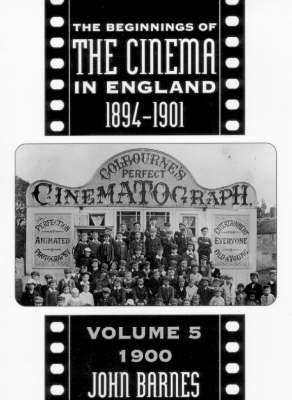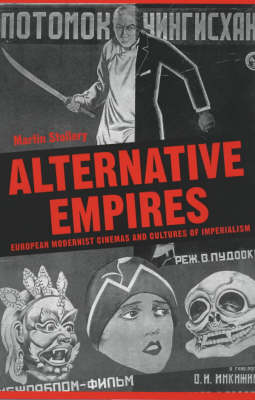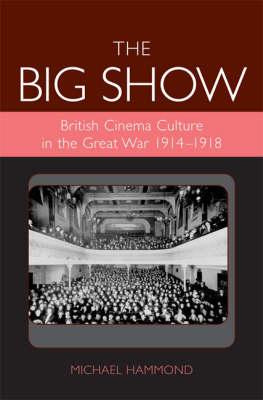University of Exeter Press
The Screen Censorship Companion
Critical Explorations in the Control of Film and Screen Media
Couldn't load pickup availability
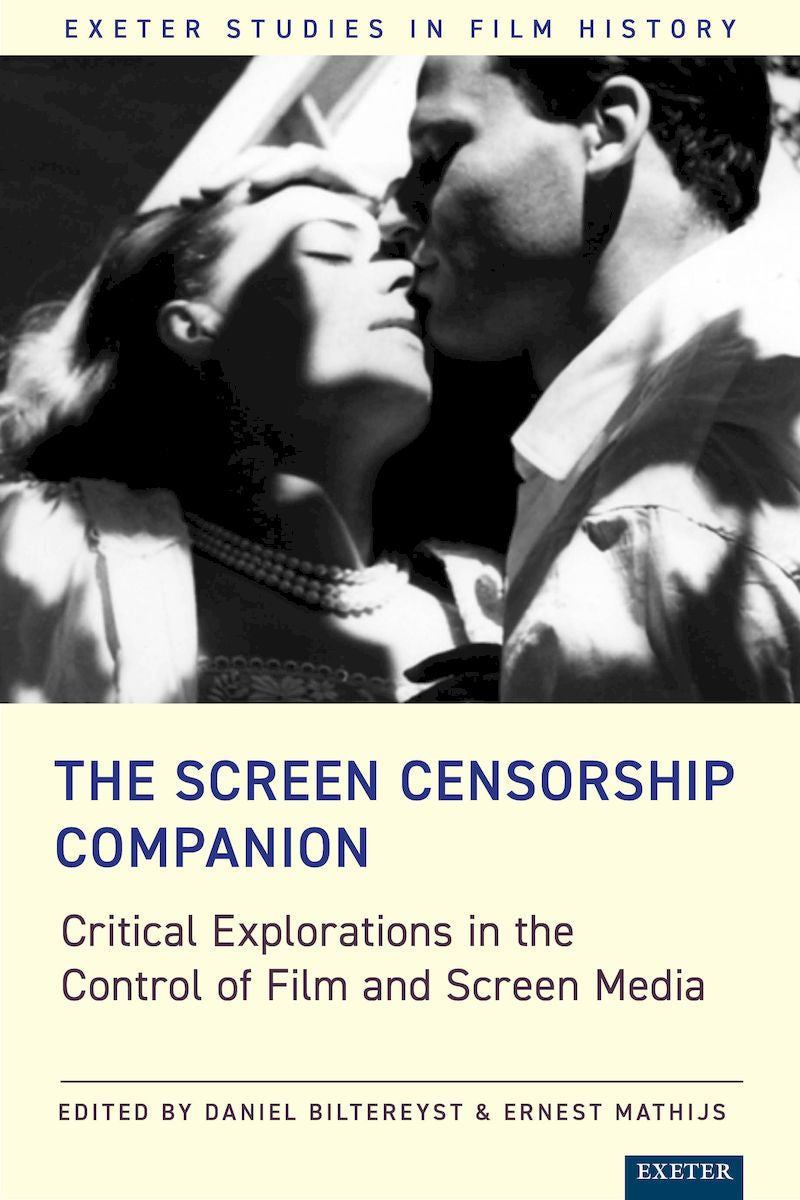
- 368 Pages
Throughout the history of film, censorship has existed everywhere—in all shapes, colours, and dimensions. The act of restricting the free production, circulation, screening, and consumption of movies was never unique to authoritarian regimes. Censorship has had far-reaching implications for filmmakers, distributors, exhibitors, and audiences across generations and across genres, including the self-censorship of audiences disciplined into particular viewership positions. Today, soft and hard censorship coexist in ever-more fluid forms; the banning, regulating, trimming, and tailoring of films for ‘harmless’ consumption all exemplify wider debates about access to media.
This companion brings together contemporary and historical views on censorship, covering Argentina, Canada, Chile, Colombia, Denmark, France, Germany, Italy, Japan, Norway, Poland, Sweden, Turkey, the United Kingdom, and the United States. The book considers Hollywood’s practices and the United States’ legislative context as important frames of reference for the study of filmed entertainment censorship, be they concerned with obscene materials or plain mainstream movie fare. American cinema remains a wider compass, as evidenced by how studies in this companion, which deal with local and regional censorship, appear to have American movies as their targets.
This volume showcases the broad international scope of censorship through detailed examinations of censorship practices. The diversity of case studies is an indication of the global reach of censorship—nothing can escape its grasp. Ultimately, the censorship of screen access is a struggle for power and control; this book demonstrates how intense this struggle can become, and how compromises and solutions are found.







